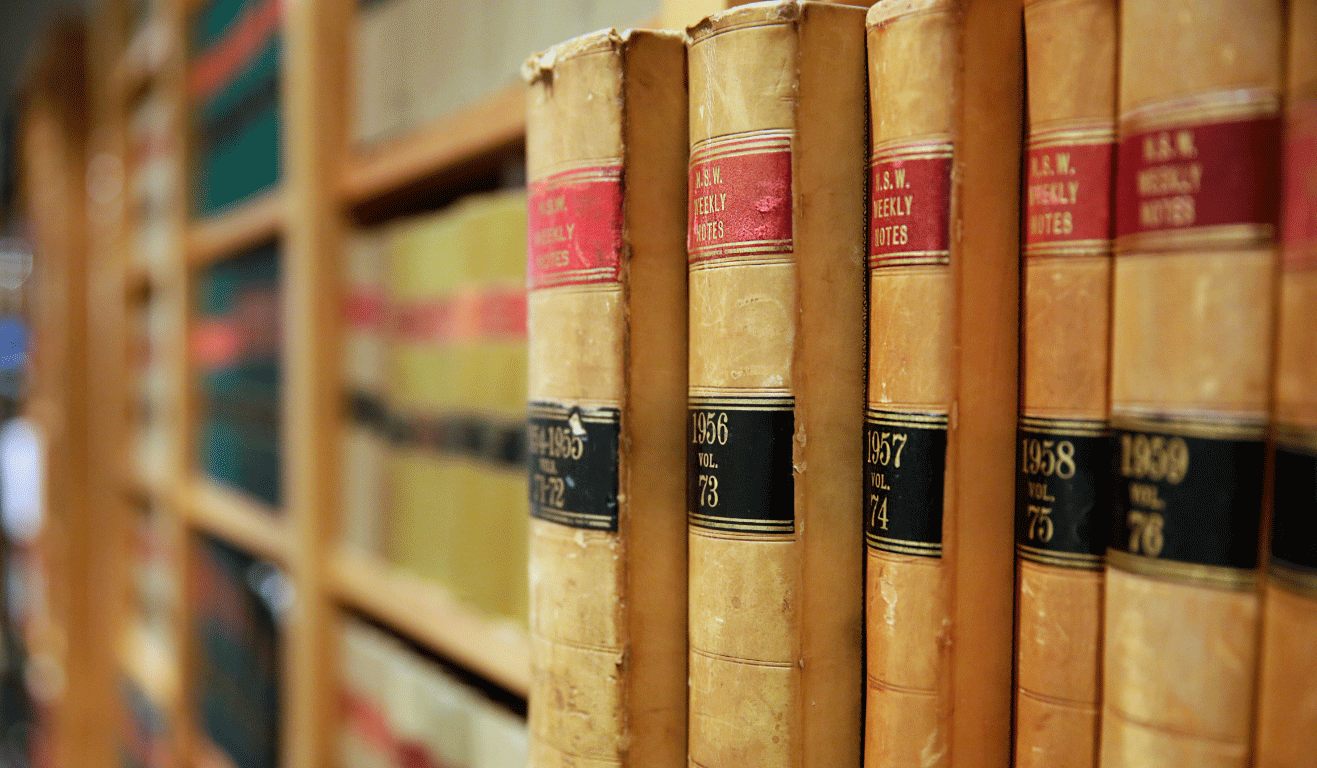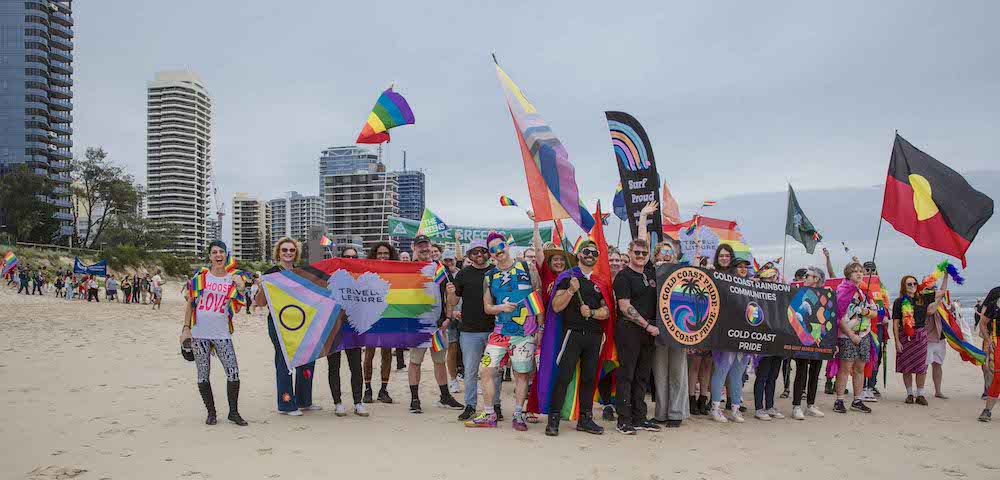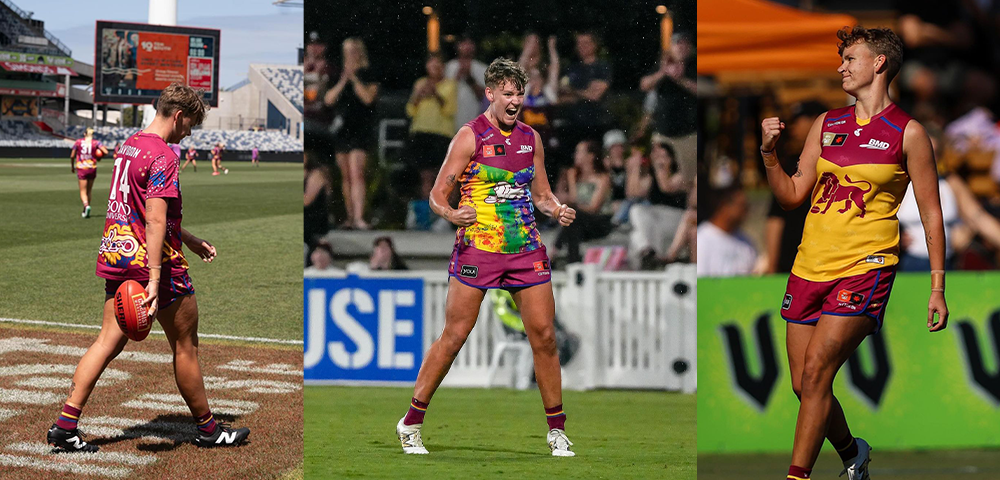
Expungement of historical Queensland gay sex convictions one step closer

QUEENSLAND is on track to follow the lead set by Victoria and NSW in expunging historical gay consensual sex criminal convictions, following a meeting between LGBTI community representatives and the state government.
However, men convicted of homosexual conduct prior to its decriminalisation in Queensland in 1990 will most likely have to wait until after next year’s state election.
Following the news from southern states last month, Queensland Attorney-General Jarrod Bleijie’s office initially said that enacting similar changes in the state was not a priority for the government.
The first of those meetings took place last week between Bleijie, Brisbane Central state Liberal MP Robert Cavallucci and Peter Black, the president of Brisbane Pride a Queensland University of Technology senior law lecturer.
Black described last Thursday’s meeting as “positive” and “very productive”.
“I left the meeting satisfied that he was genuinely open to the idea of expunging historical convictions for sexual activity between males in Queensland,” Black told the Star Observer.
“His questions were focused on the practicalities associated with introducing any scheme to expunge such convictions, especially the legislation that has been passed in Victoria and NSW.”
Eager to involve other LGBTI community representatives and legal experts from the outset, Black said that several groups were currently at work on an expungement discussion paper.
“I was also able to advise the Attorney that the LGBTI Legal Service Inc, with the assistance of the Queensland Association of Independent Legal Services Inc (QAILS) and the Human Rights Law Centre, is currently preparing a formal discussion paper on this issue,” Black said.
“This paper will provide more detailed analysis of the topic, including case studies and proposed recommendations for reform.
“[Bleijie] was pleased to know that this issue was being lead and championed by the community, and he said he was looking forward to reading the paper.”
The Attorney-General said that he was keen to see how the issue developed.
“It was a productive meeting… I look forward to hearing what comes out of the consultation,” he said.
Despite most of the 460-plus men convicted of homosexual acts throughout the law’s near 100-year history of existence, Black told Fairfax Media that expungement of past convictions would be a significant moment for the LGBTI community.
“[It would be] a recognition from the government that those laws should never have been on the books to begin with – and that is consensual sexual activity between two adult men should not be criminal and I think there is some genuine symbolic value for the LGBTI community in having the Queensland government – or any government for that matter – come forward and provide a process for the convictions to be expunged,” Black said.
Cavallucci has been regarded as taking the lead role in bringing the issue to the attention of the government.
“It was a really positive and productive meeting between Peter and the Attorney-General and I was proud and happy to be a part of the process,” he told the Star Observer.
“It’s a very important issue for the community and future meetings will look towards making sure that the ideal legislation is put to Parliament that makes sure the best interests of those effected are looked after.
“There will be many more meetings to come and the Attorney-General has said that he wants to give the issue the respect it deserves and present something to Parliament that will really benefit the community.”
The discussion paper is expected to be released early next year after which the government plans to open the issue to community submissions and consultation.
Black said that the Attorney-General had not committed to any solid timeline and that any parliamentary action on the issue would most likely take place following the 2015 state election.










Maybe Sunshine is still lost inside Newman’s rear end-:)
There is still a different age of consent. It doesn’t make sense to expunge old convictions as long as new ones occur.
The age of consent applies to EVERYONE, read section 208 of the QLD 1899 Criminal Code (1990 Amendment) carefully please – it does not mention the gender at all!
CRIMINAL CODE 1899 – SECT 208
208 Unlawful sodomy
(1) A person who does, or attempts to do, any of the following commits a crime—
(a) sodomises a person under 18 years;
(b) permits a male person under 18 years to sodomise him or her;
(c) sodomises a person with an impairment of the mind;
(d) permits a person with an impairment of the mind to sodomise him or her.
Maximum penalty—14 years imprisonment.
(2) For an offence other than an attempt, the offender is liable to imprisonment for life if the offence is committed in respect of—
(a) a child under 12 years; or
(b) a child, or a person with an impairment of the mind, who is to the knowledge of the offender—
(i) his or her lineal descendant; or
(ii) under his or her guardianship or care.
(2A) For an offence defined in subsection (1)(a) or (b) other than an attempt, the offender is liable to imprisonment for life if the offence is committed in respect of a child who is a person with an impairment of the mind.
(3) For an offence defined in subsection (1)(a) or (b) alleged to have been committed in respect of a child who is 12 years or more, it is a defence to prove that the accused person believed, on reasonable grounds, that the person in respect of whom the offence was committed was 18 years or more.
(4) It is a defence to a charge of an offence defined in subsection (1)(c) or (d) to prove—
(a) that the accused person believed on reasonable grounds that the person was not a person with an impairment of the mind; or
(b) that the act that was the offence did not, in the circumstances, constitute sexual exploitation of the person with an impairment of the mind.
(5) For an offence defined in subsection (1)(a) or (b) alleged to have been committed with the circumstance of aggravation mentioned in subsection (2A), it is a defence to the circumstance of aggravation to prove that the accused person believed on reasonable grounds that the child was not a person with an impairment of the mind.